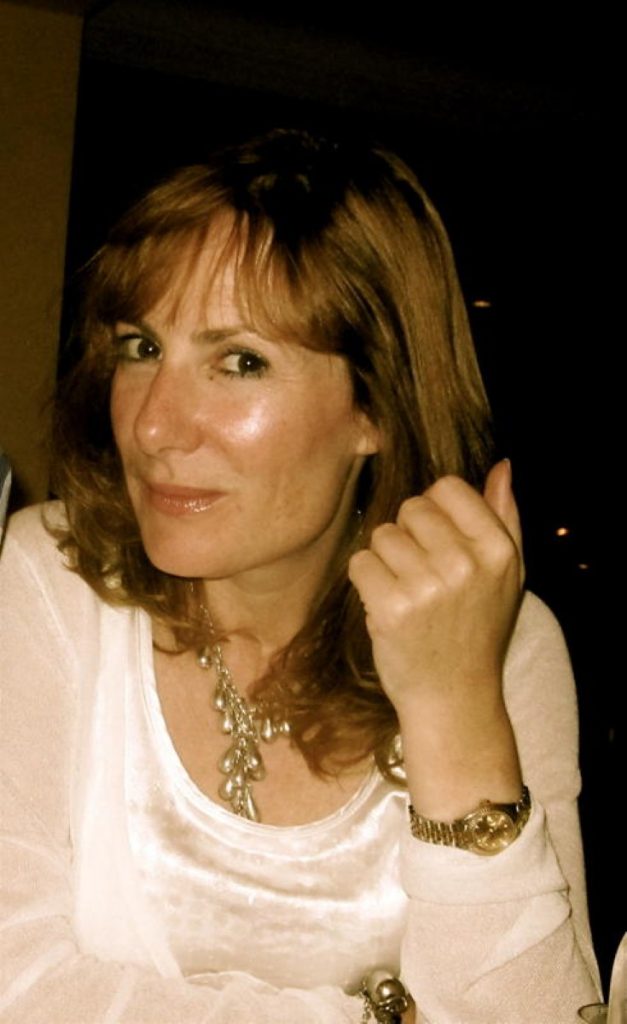Comment: Getting women into politics is about fixing the problem, not the numbers
We need to support women into politics without resorting to special treatment.
By Janice Atkinson-Small
Following the Commons' debate on parliamentary representation earlier this month, Dame Anne Begg should be congratulated for her considered thoughts on this subject. She is clearly passionate about the make-up of the current House and we agree with her that more should be done at party level to improve the selection of candidates.
However we question whether, at a time when the economy is failing and families are struggling, a debate of this nature should be given priority. Women up and down the country are not concerned by the 'under-representation' of 'diversity groups' or frankly whether they are represented in the House by a man or a woman, they are worried about the rising cost of utilities and food.


As is the vogue at present, all under-represented groups, be they women, the BME communities or the disabled, are finding themselves lumped together in one homogenous group as if one size will indeed fit all. We reject this premise and believe that it is time to break free of this decades-old thinking and stale argument and talk about each individual group. And, to this end, we focus on women.
We believe that the theme of quotas and targets is long past its sell-by date. Most believe that women are somewhat different to men and therefore often have different qualities to men. They certainly face different challenges to men and have different choices and responsibilities. But if women are different to men, it naturally follows that any quota or target is arbitrary, it is unlikely to be right and it certainly can't be sustained in a fluctuating and developing economy. Unless the goal of a quota or target is to discriminate against either women or men, it is necessarily unfair – one gender will always be at an advantage over another for the sake of an arbitrary line in the sand. We must focus on achieving a natural equilibrium between the best men and women for the job, and to do this we must remove the barriers to entry for women.
Another common theme is that we must have more women in order to represent women. Nonsense. In a representative democracy each MP represents everyone in his or her constituency, whether they be man or woman. There are very few, if any, 'women's issues' and male and female MPs should involve themselves in childcare, parental leave, care of the elderly etc, as these issues effect men too. Calls for more women are just 'women for women's sake' and usually lead to tokenism and discrimination against men.
The biggest challenge is the barriers to entry for women in politics. There isn't a groundswell of highly accomplished and talented women smashing their way to the top. And to achieve a natural equilibrium we need to focus on removing them.
We need to support women without resorting to special treatment, which alienates men and makes a mockery of our democracy. We mustn't resort to the 'window dressing' that gender politics is so famous for.
The causes of the barriers are complex and tied up in a web that has taken generations to knit.
We need to fix the causes of the drought, rather than fix the numbers, by changing the perception that only men 'do' serious politics, challenging the assumptions that men are 'better' at politics and creating a pipeline of well-prepared, high quality individuals ready for public office.
Focussing on quotas and doling out special treatment is demeaning and humiliating. Women have the ability to take on political roles. We need to change the debate around women in politics in order to get them there.
Janice Atkinson-Small is communications director of Women On…, an independent non-partisan think-tank that aims to transform the debate around women
The opinions in politics.co.uk's Comment and Analysis section are those of the author and are no reflection of the views of the website or its owners.









